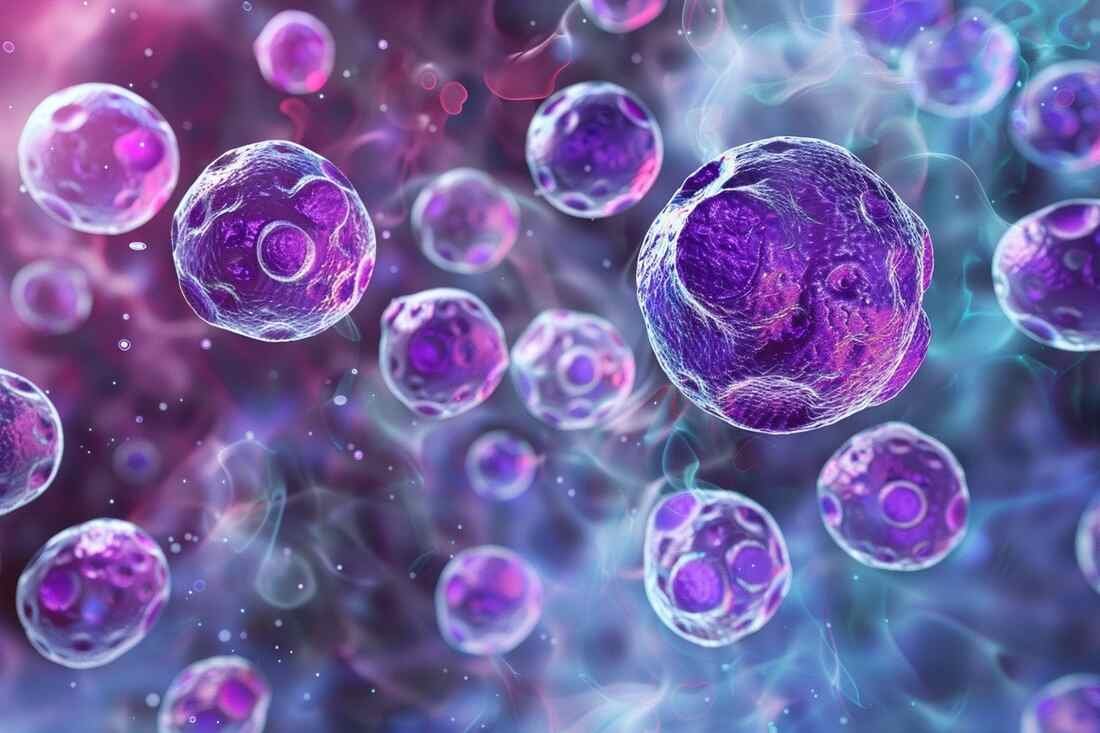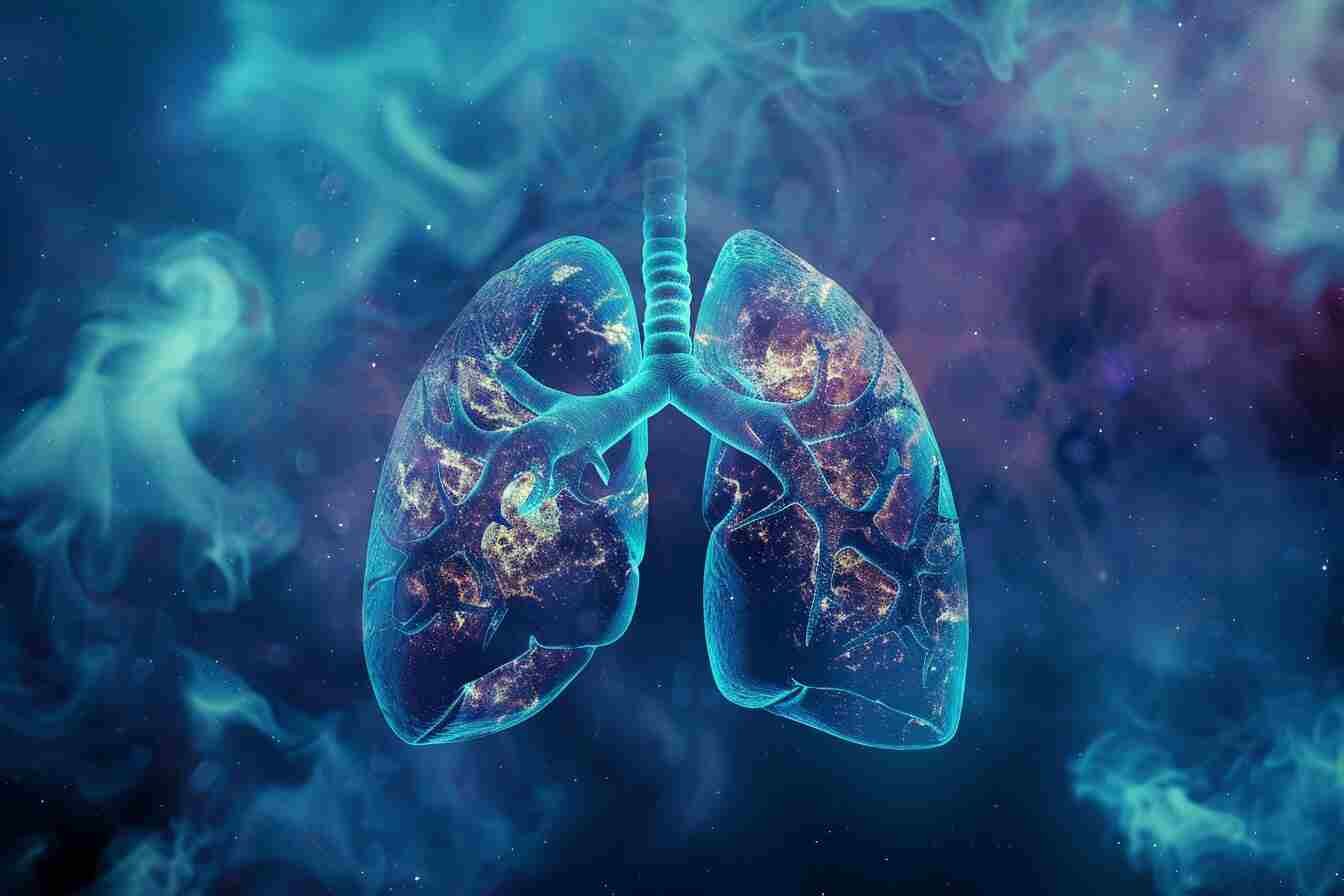Why do we sleep badly in a new place?
You’ve probably had trouble sleeping your first night in a new place. Have you ever asked why do we sleep badly in a new place? This phenomenon, which affects 99% of the population, has a physiological origin: researchers have shown that the left hemisphere of the brain remains alert and reacts strongly to external stimuli. We can call it as “the effect of the first night”, it disappears from the 2nd day spent in a new place.
Lighter sleep
The study highlights the existence of micro-awakenings throughout the first night, even if the bed is of excellent quality. Published in the scientific journal Current Biology, the study analyzed the sleep of 36 people based on the observation that birds and certain marine mammals kept the left hemisphere of their brain awake in order to be able to react in the event of danger.
Read also: Sleepwalking | What happens when you wake a sleepwalker? Is it dangerous?
During observation of the volunteers using an MRI, an electroencephalogram and a recording of the electrical activity of the neurons, the researchers detected that the left hemisphere slept a much lighter sleep than the right hemisphere and this only during the first night. The left hemisphere being during this period more reactive to unusual and loud sounds.
Two types of mattresses
The left hemisphere remains alert to external stimuli and can wake you up at the slightest noise. This “first night” phenomenon poses serious problems, especially for businessmen who travel often and rarely stay more than two nights in the same place.
Many people looking for a soft mattress or people with allergies will opt for a foam mattress, with shape memory for example, while those looking for an airy mattress that avoids sweating when you’re hot will choose a spring mattress.
In general, after one or two nights in this new environment, the brain relaxes and rests. The latter then simply got used to it and the effects of the first night faded. Nevertheless, it should be noted that some previous work has observed that this phenomenon could sometimes impact people for a period of up to four days.
Information: Cleverly Smart is not a substitute for a doctor. Always consult a doctor to treat your health condition.
Sources: PinterPandai, Cell Press / Current Biology, The Atlantic
Photo credit: StockSnap via Pixabay



